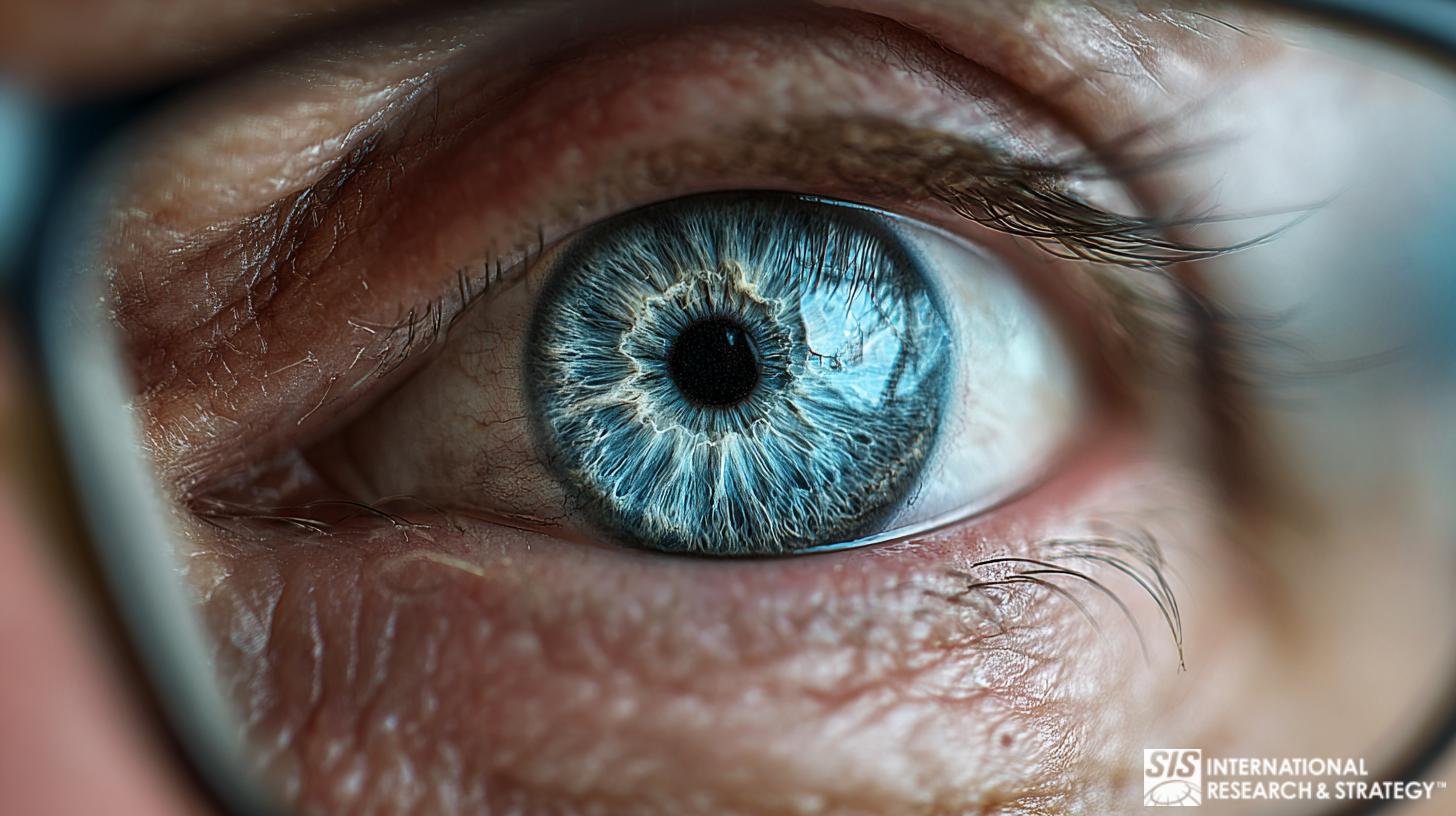
This week’s posting will be on a lighter note than that of last week which concerned the unfolding financial crisis in North American markets. We have reviewed a few chapters in Malcolm Gladwell’s best seller “Blink”. The relevance? Many of the insights in Blink can be applied directly to the Marketing Sciences, given their depth into the human unconscious and behavior. Below is a synopsis and analysis of some of the fascinating–even bizarre–perceptual insights in “Blink” and how they relate to Marketing.
결혼이 실패할지 예측하기
In Chapter 1, Gladwell tells readers about the “love lab.” With highly predictive coding of the behavior of newlyweds, a scientist can predict whether a marriage will last based on the first 15 minutes of conversation. Interestingly, relationships have a positive or negative “override state”. In other words, a person will often overlook the negatives to focus on the positives, and vice-versa. Moreover, he introduces the concept of “thin-slicing”. Gladwell later describes, “Thin slicing allows your unconscious to take care of all the minor mental details in your life, while leaving you to concentrate on the main problem at hand” (59). “Thin-slicing” demonstrates that the unconscious can recognize patterns even if we don’t recognize that pattern.
해석할 수 없는 것을 해석하다
Then Gladwell cites an example about Morse code being used to interpret the personalities of enemy code interpreters with striking accuracy. Without ever meeting enemy Morse code operators, interceptors can develop comprehensive profiles of people whom they’ve never met. According to Gladwell, some idiosyncrasy in a personality presents itself unconsciously to the Morse code operators. This demonstrates to readers the impact of thin-slicing and reinforces his assertion that people can unconsciously detect patterns with accuracy. Marketers can employ this principle when trying to understand the 소비자.
제한된 정보를 가진 사람을 이해하기
The chapter further reveals insights into understanding personality and human behavior. Gladwell provides evidence that you can learn more about conscientiousness, emotional stability, and openness to new experiences by looking at a person’s bedroom than if they were your best friend. This is because of “thin-slicing” the underlying patterns and the anonymous person’s use of personal space in their bedrooms. Your subconscious functions automatically and can process these details with astonishing accuracy than if you were to rationally process aspects of our friends’ personalities. This highlights the importance of ethnography in better understanding the consumer’s lifestyle.
소송 예측
If you listen to doctors in North America, they will tell you about the easiness against which they can be litigated. Gladwell presents evidence that doctors who spend more time talking with patients are sued less. That’s right, spending more time talking and showing concern can substantially impact your odds of being sued. The key? Your doctor’s vocal tone is a sign of respect, which is a predictor of your likelihood of getting sued. Lastly, Chapter one concerns the power of the glance, in that some people have the uncanny ability to predict the identity of an object that is far away from them. For example, a certain bird watcher could predict with accuracy the identity of a bird in flight and located far away. By inference, the experienced consumer could imagine with a sharp degree of accuracy the potential source or content of an advertisement in the distance based on the unconscious experience with a brand, a previous ad or past experiences.
얇은 슬라이스의 부정적인 결과
Chapters 2 and 3 contain enthralling–and frightening–examples of the unconscious, delving into the effects of “priming” in group situations. The examples provide stimulus for introspection for Marketers. Gladwell cites a study showing that by asking an African American their race on a standardized tests, the unconscious will affect a negative behavior–poor performance. Further, an experiment showed that those who were primed with personality attribute words were far more likely to perform the behavior.
마케터의 과제
Another study provides a challenge to marketers. A study done by a prestigious university found that in situations where you make people explain themselves, confusion increases. For example, a woman changed her dating preferences for her ideal man upon meeting another man. A month later, that respondent went back to wanting that ideal man. This follows other authors like Clotaire Rapaille and Jon Steel, who use this logic in their approach to research. Furthermore, unconscious perception of appearance can be deceptive. This is seen with consumers making the Warren Harding Error. Harding, a lame duck former US president, was chosen largely because of his “presidential” height and looks.
전반적인 테이크아웃
그렇다면 이러한 흥미로운 주장을 통해 어떤 결론을 내릴 수 있을까요? 그는 얇게 썰기에 관해 이렇게 말합니다. “때때로 잠긴 문 뒤의 마음이 우리를 대신해 결정을 내려준다면 우리는 더 나을 때가 있습니다.” p. 61 그러나 얇게 썰기의 엄청난 힘에도 불구하고, 씬 슬라이싱만 사용하면 실제로 문제가 발생할 수 있습니다.


